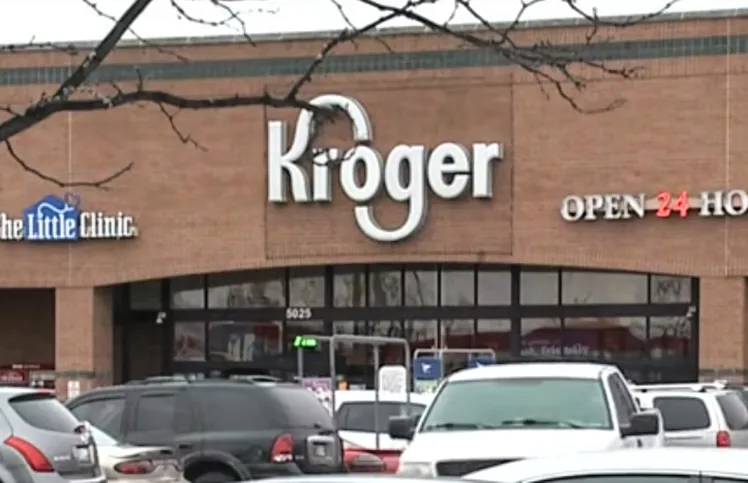
Oregon will receive up to $40 million to combat drug addiction as part of a national opioid settlement with Kroger, the parent company of Fred Meyer. Oregon Attorney General Ellen Rosenblum announced the agreement on Tuesday, which is part of a larger $1.37 billion settlement involving Kroger’s pharmacies and their alleged role in the opioid crisis. A total of thirty states are participating in this settlement.
This agreement is the latest in a series of opioid settlements during Rosenblum’s tenure, which will provide hundreds of millions of dollars to address the opioid epidemic in the state. Over the past three years, the Oregon Department of Justice has entered into ten agreements with pharmaceutical companies, manufacturers, distributors, and pharmacy chains, expected to deliver approximately $645 million to Oregon communities for combating the opioid crisis.
The funding has supported initiatives such as mobile outreach teams for individuals struggling with addiction, recovery centers, and harm reduction efforts, including the distribution of naloxone kits that can reverse overdoses and save lives.
As part of this settlement, Kroger’s pharmacies are mandated to monitor, report, and share data regarding any suspicious activities related to opioid prescriptions. In Oregon, Kroger operates under its own name as well as through subsidiaries like Fred Meyer and QFC.
Rosenblum made this announcement on the same day that voters elected her successor, former Oregon House Speaker Dan Rayfield. Although Rosenblum is stepping down from her role, the state’s efforts to utilize opioid settlement funds will continue. She commended her team and David Hart, an assistant attorney overseeing opioid litigation and pharmaceutical fraud, for their leadership in the negotiations.
On Wednesday, Hart discussed the agreement with the Opioid Settlement Prevention, Treatment, and Recovery Board, which manages the state’s allocation of the settlement funds. He indicated that additional funding and agreements are forthcoming, noting that an “agreement in principle” has been reached, although it has yet to be finalized.















